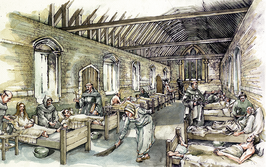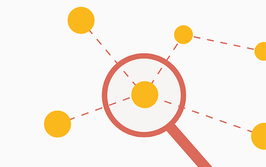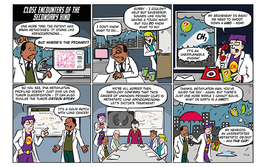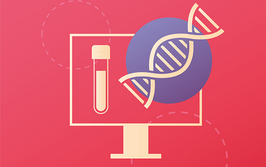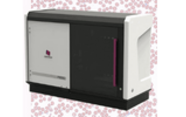Searching for Schizophrenia
Researchers have identified the cell types most commonly associated with schizophrenia mutations

With symptoms that vary in degree or frequency and significantly overlap with other conditions, mental illness can be hard to identify – let alone definitively diagnose. But for at least one such disorder, scientists from Sweden’s Karolinska Institutet are tackling the problem with a combinatorial approach.
The researchers blended their understanding of brain cellular taxonomy (the different cells of the brain and the genes used by each cell type) with the genomic loci implicated in schizophrenia in a successful attempt to identify which specific cell types might be associated with the condition (1). Their discovery? That the genes commonly altered in schizophrenia are consistently associated with pyramidal cells, medium spiny neurons (MSNs), and some types of interneurons. Furthermore, not all mutations are equal; the changes that affect MSNs are separate to those affecting pyramidal cells and interneurons, meaning that each cell type may play a different role in the disease process.
What does this mean for doctors and patients? In the future, it may be possible to diagnose schizophrenia or select specific treatments based on a patient’s mutation profile and the cells most likely to be affected in each individual case. It’s also possible that genomic information could lead to more accurate long-term prognoses and predictions of treatment side effects.
In short, although schizophrenia is currently diagnosed and treated based on clinical signs and symptoms, it may one day become the domain of laboratory professionals.
- NG Skene et al., “Genetic identification of brain cell types underlying schizophrenia”, Nat Genet, [Epub ahead of print] (2018). PMID: 29785013.

